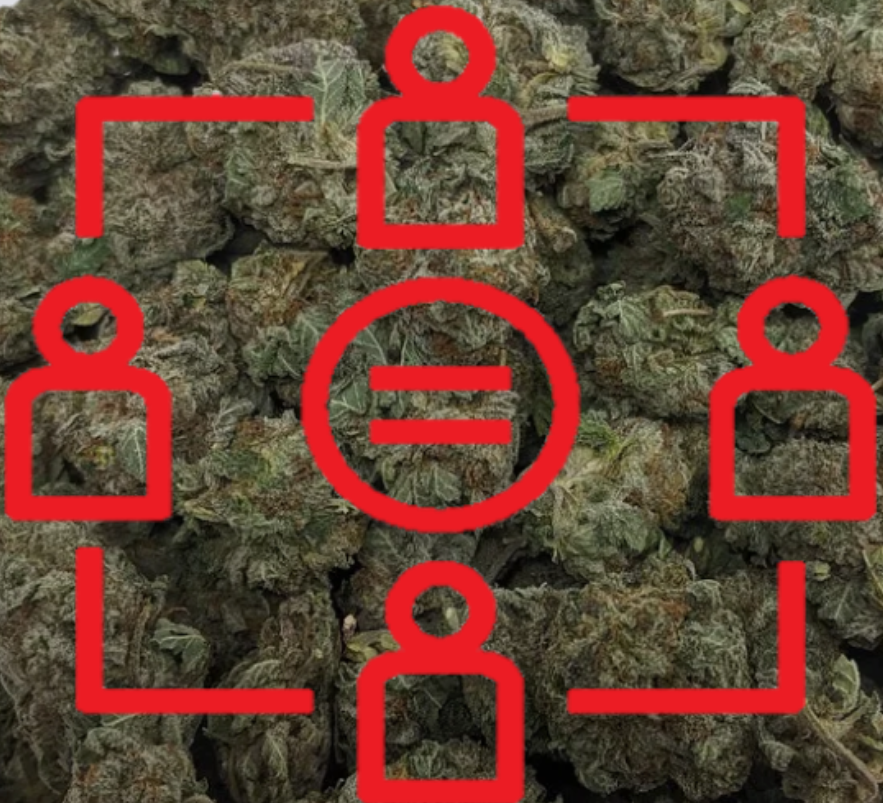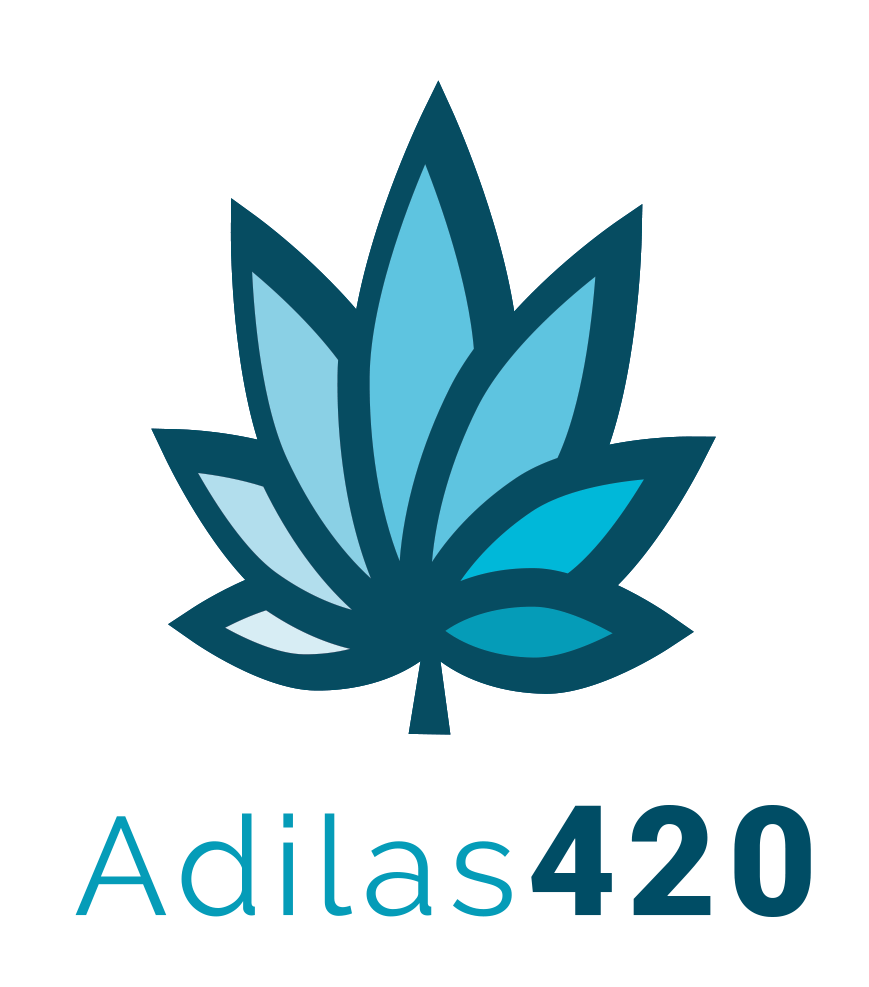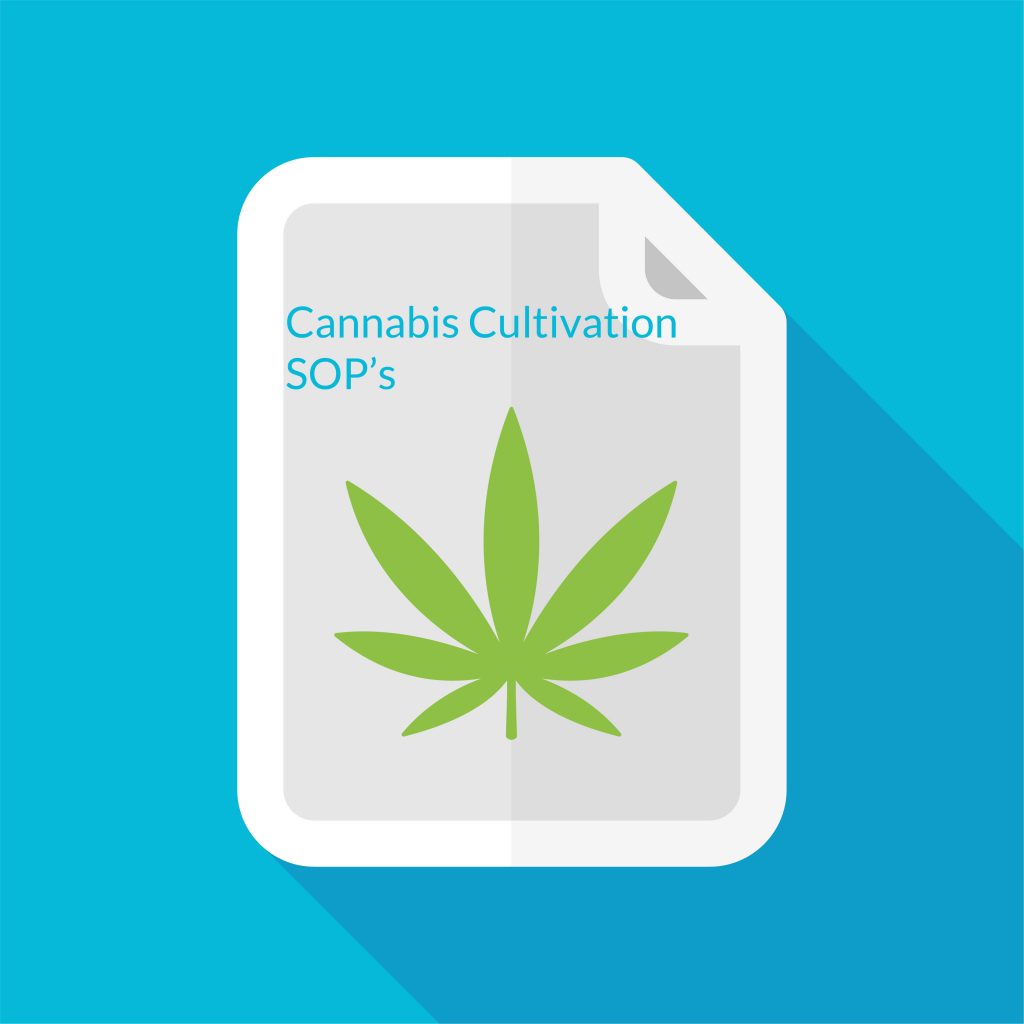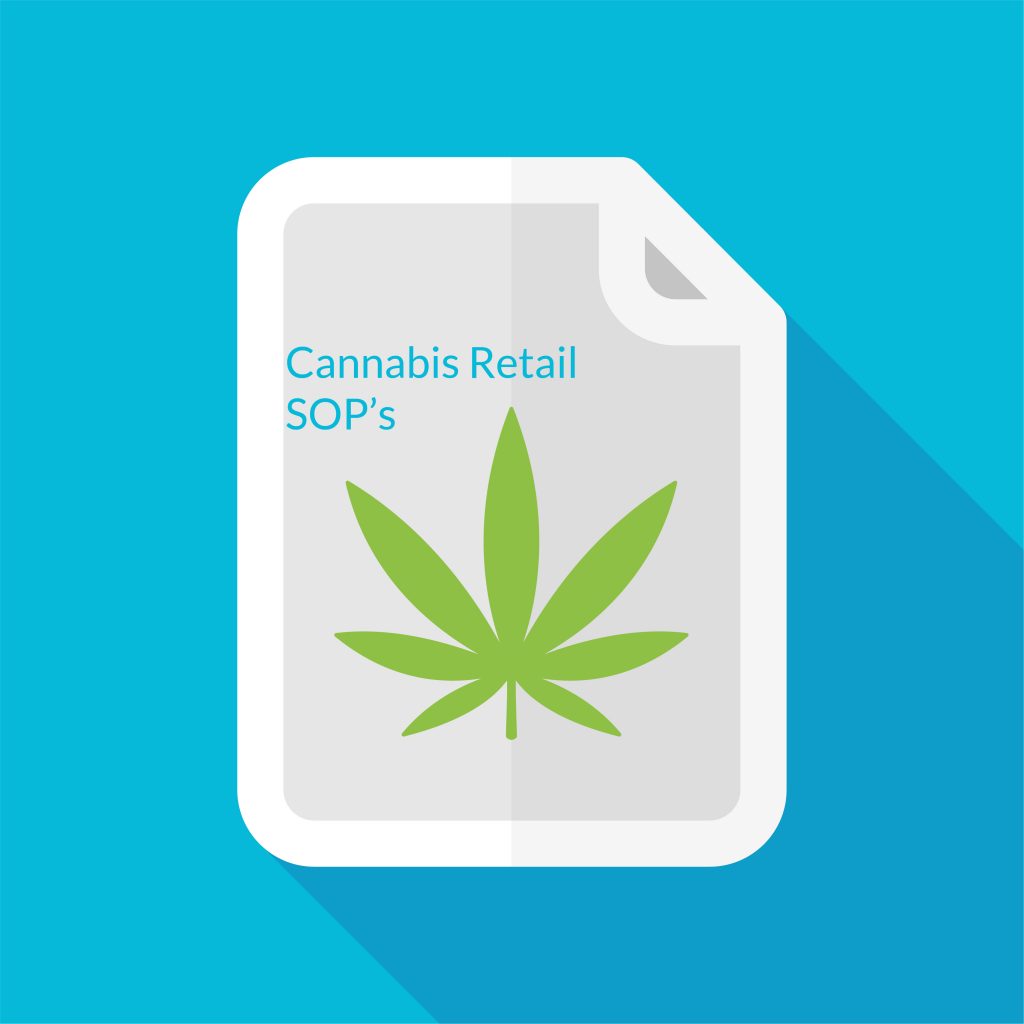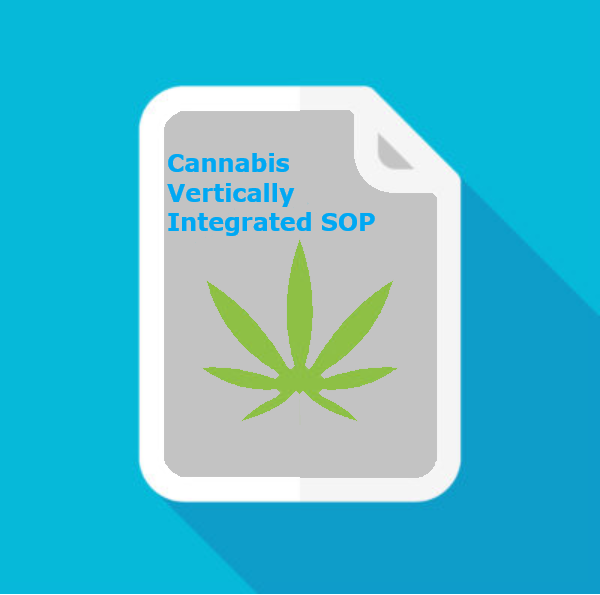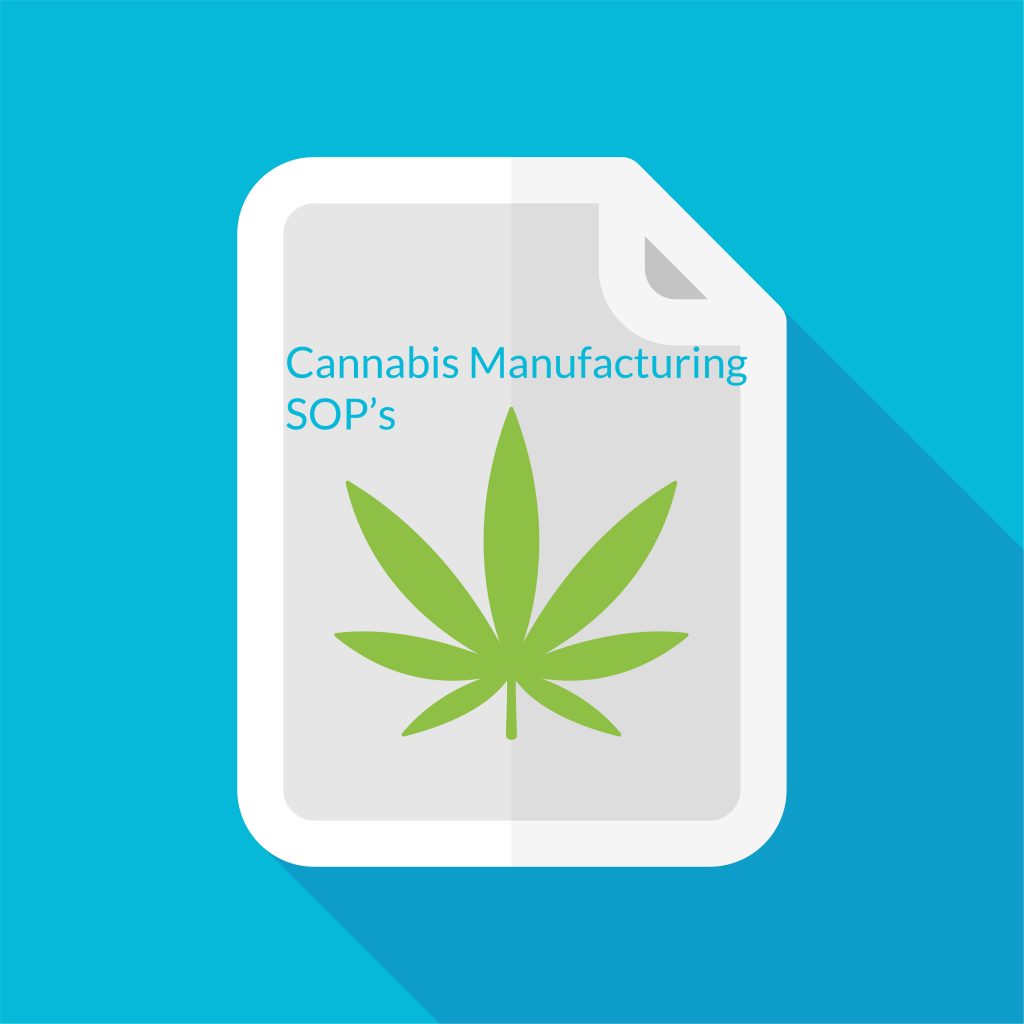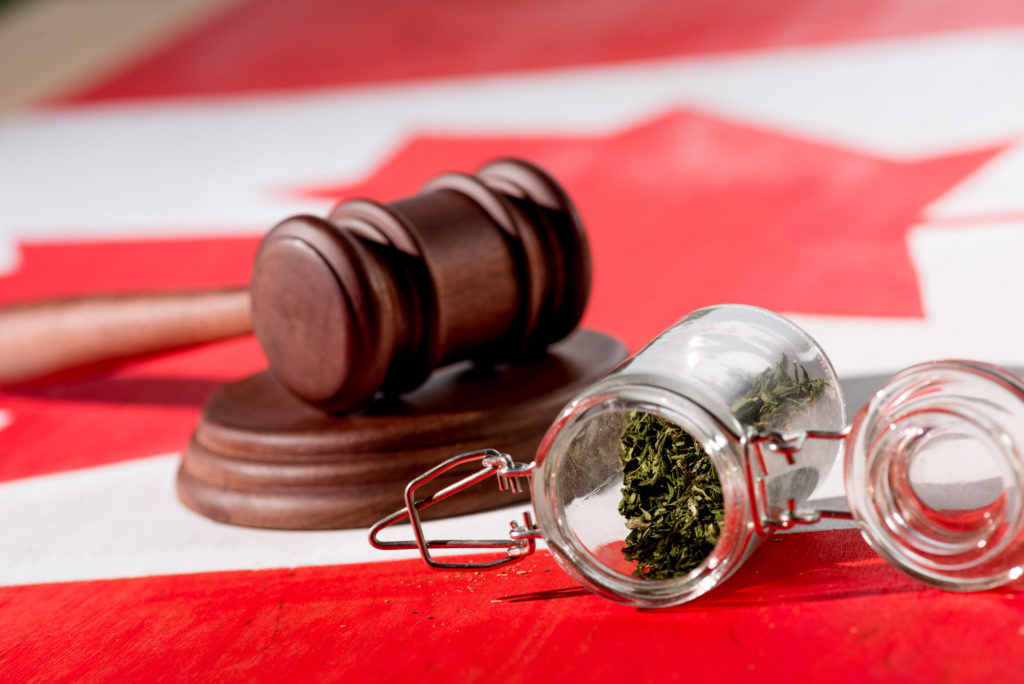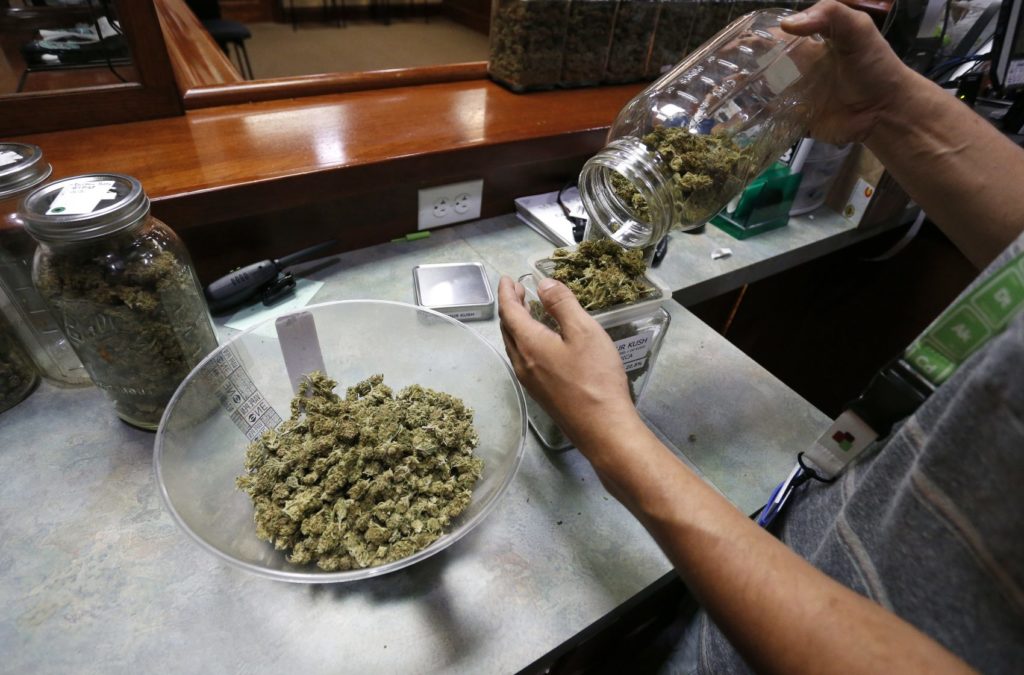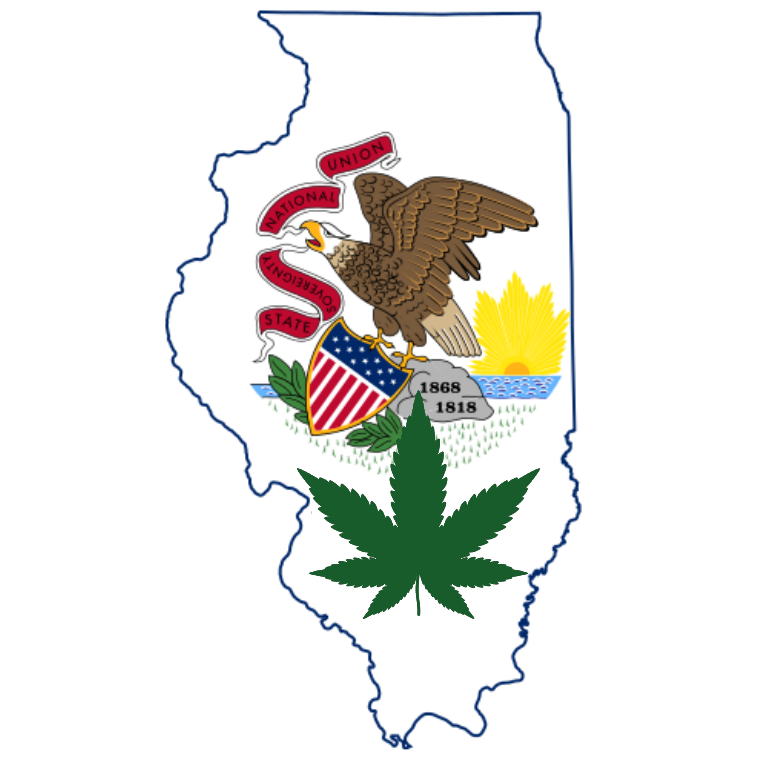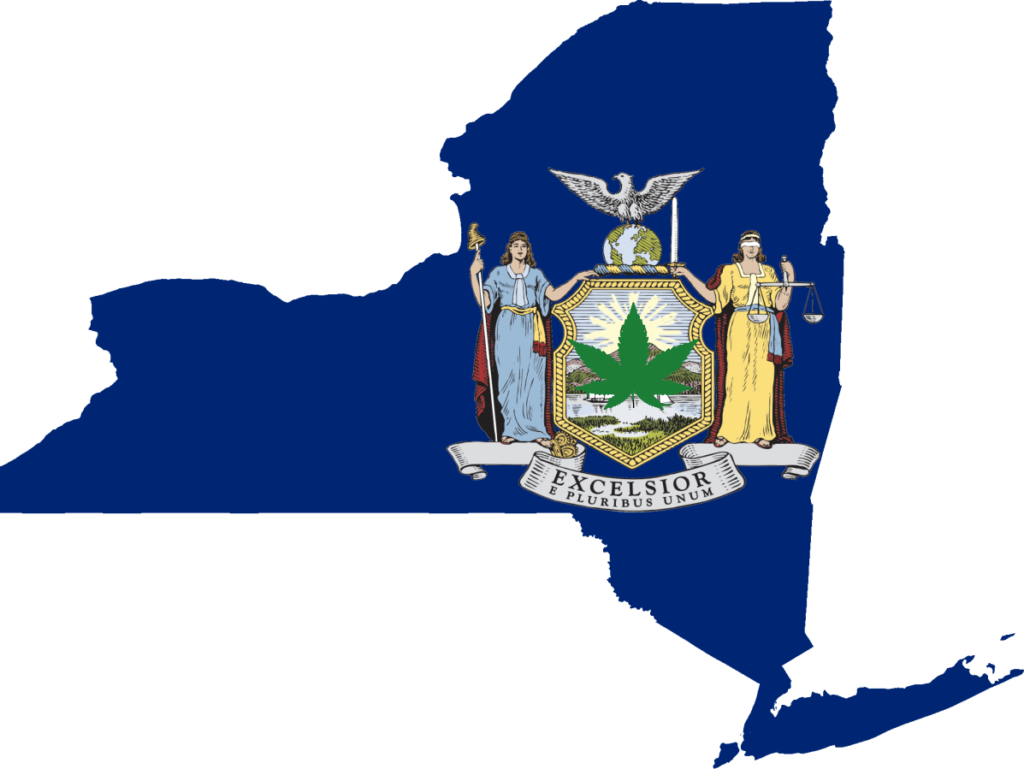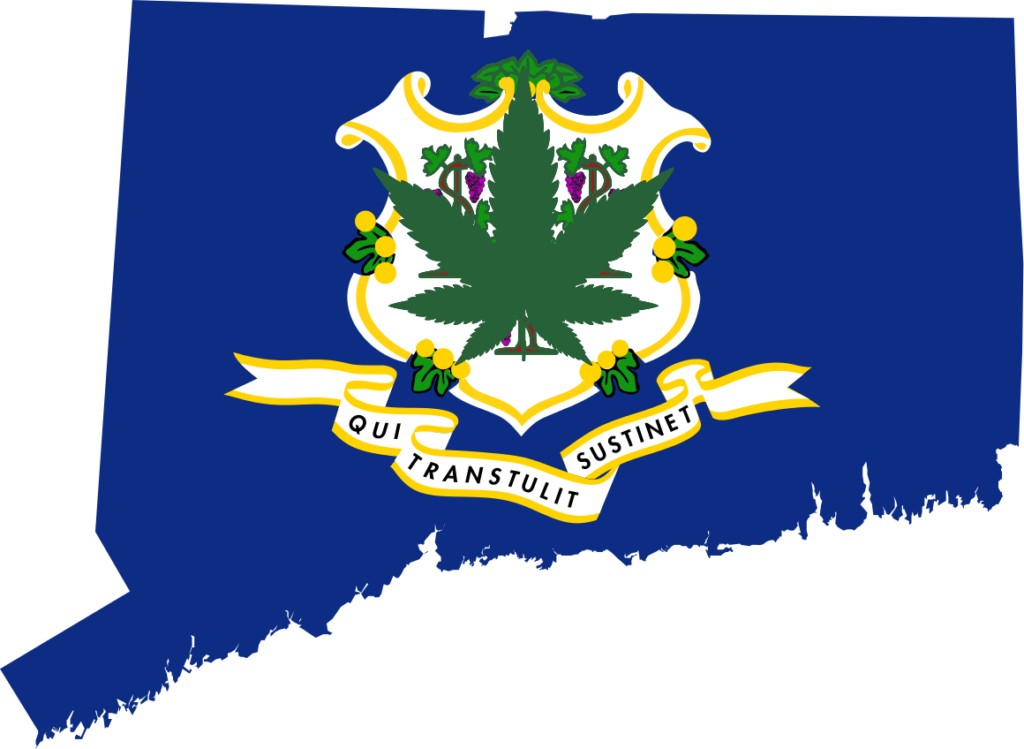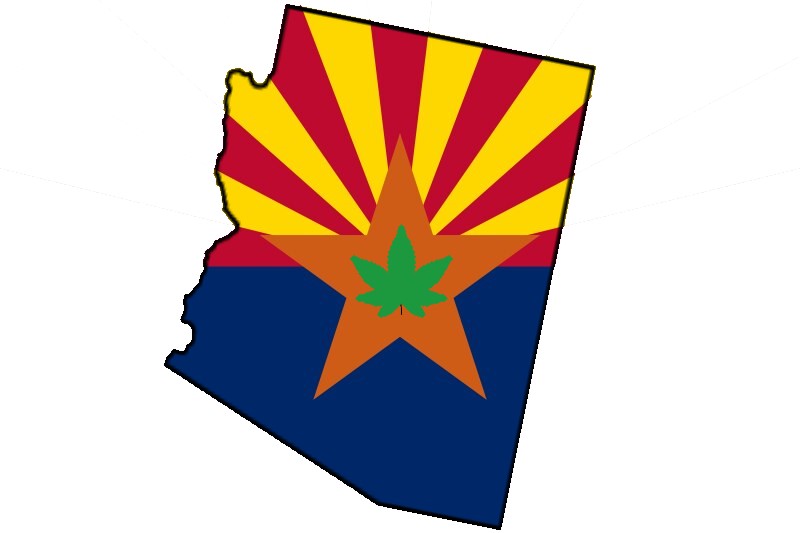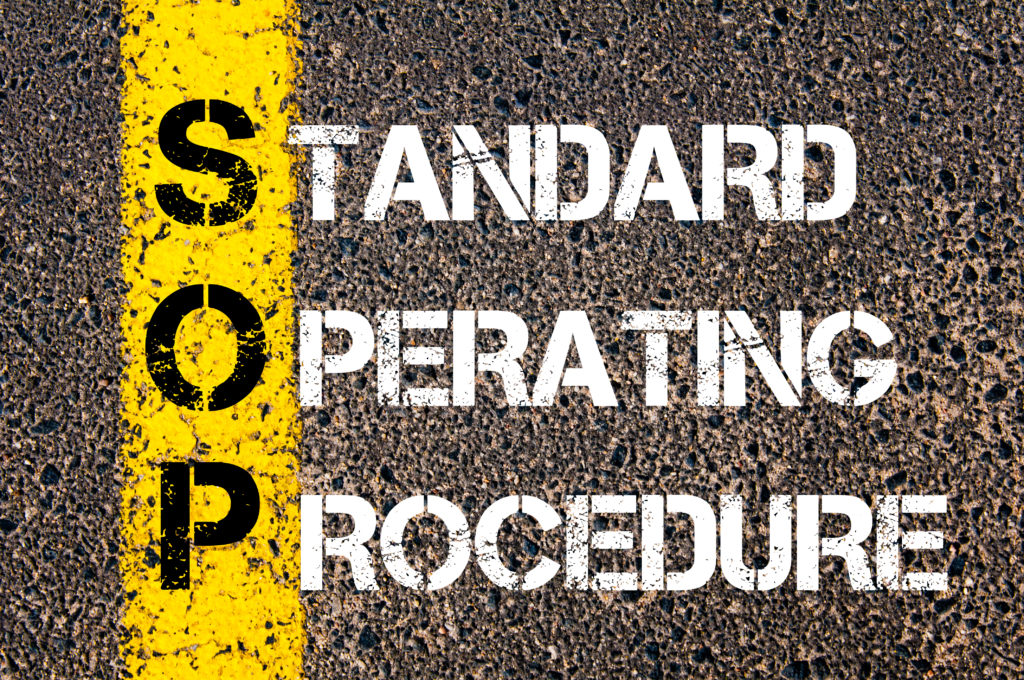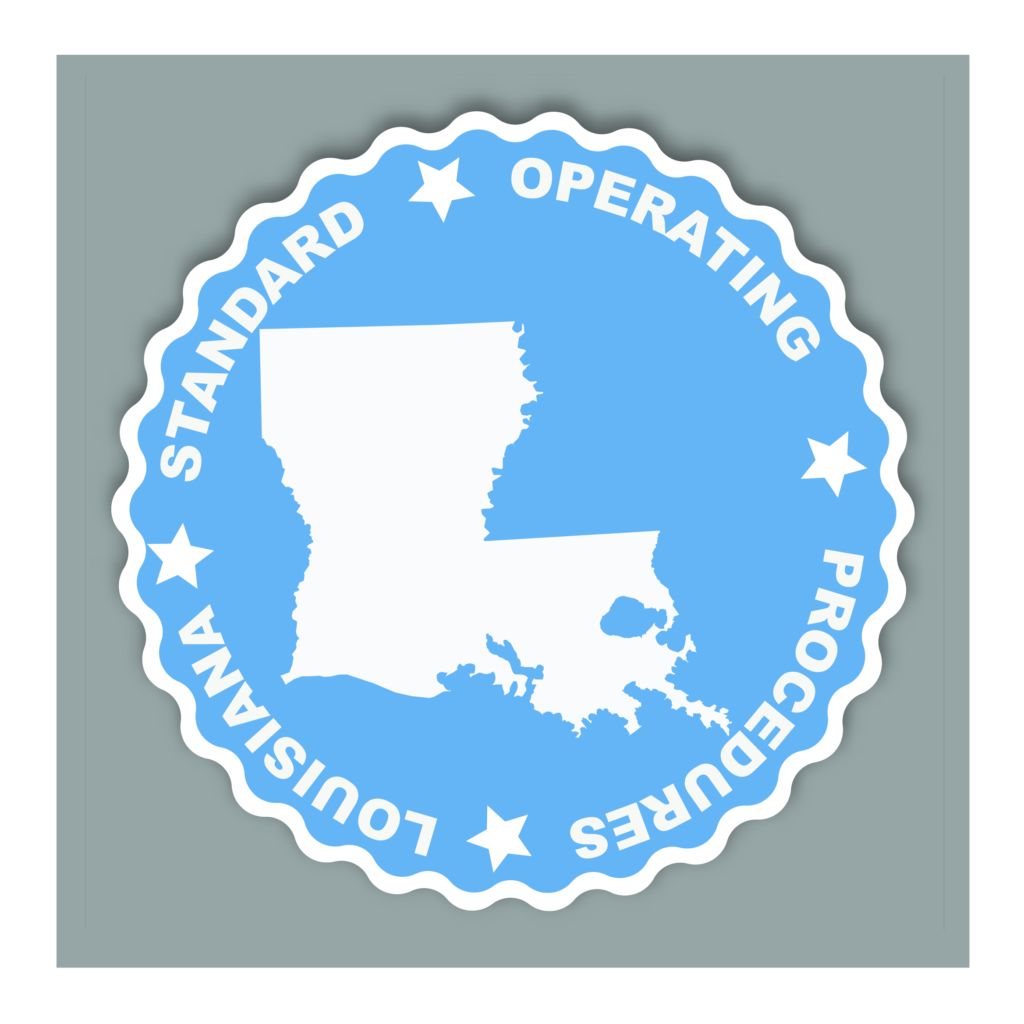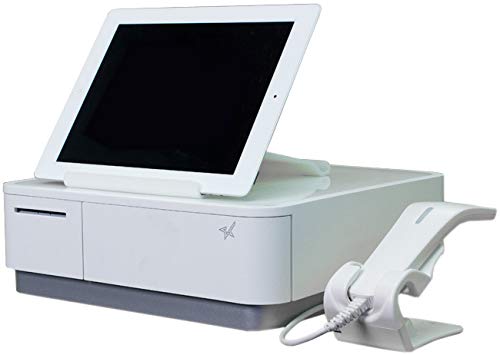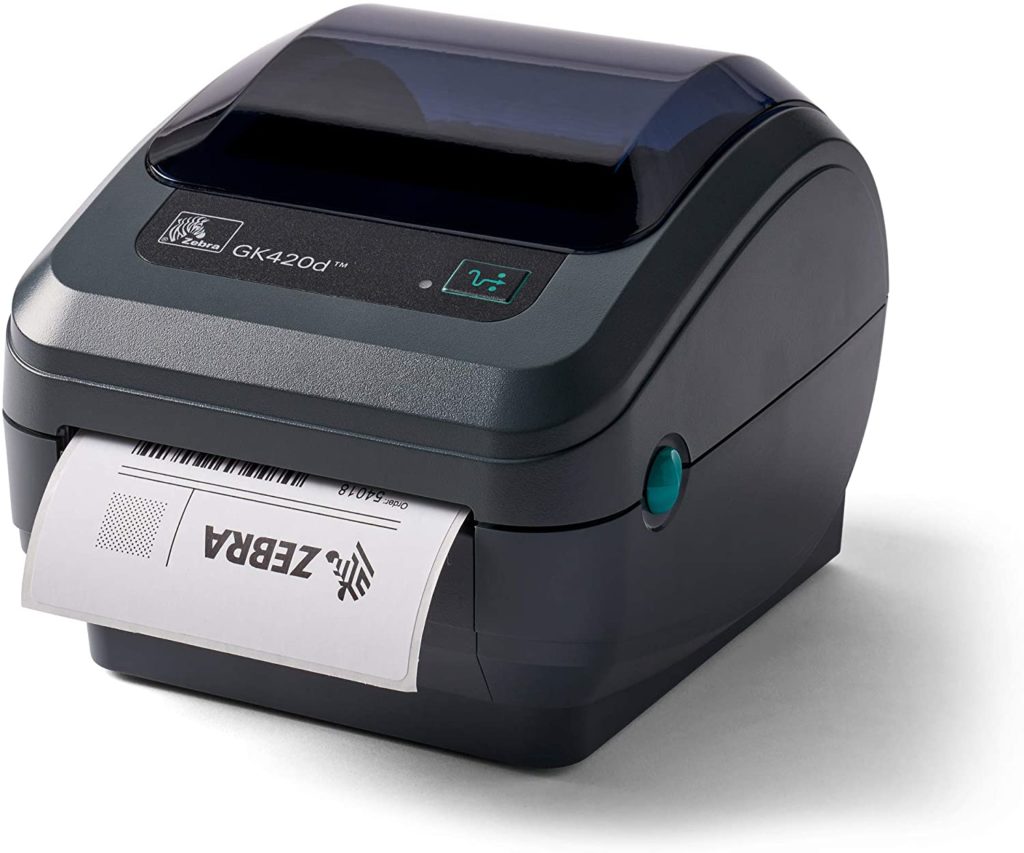Arizona Marijuana Social Equity Program
Watch out, 26 new Dispensaries are coming to Arizona!
Proposition 207 passed in November 2020 and legalized adult use marijuana in Arizona. Additionally, it requires the Arizona Department of Health Services to promote the ownership of marijuana establishments by individuals from communities disproportionately impacted by the enforcement of previous laws. Arizona Department of Health Services (AZDHS) is currently accepting applications for the marijuana social equity program. To qualify, applicants need to meet three key requirements. An applicant must own at least 51% of a business which is in good standing with the Arizona Corporation Commission. The individual’s income must be below 4 times the poverty level for the year specified. In addition, the individual or a relative of the individual, must have been adversely affected by marijuana laws. This requirement must be proven with a copy of the conviction record issued by a convicting court. Lastly, the candidate must live in an area identified by the department.

The department identified qualifying areas based on the population of Black/African American, American Indian/Alaska Native and Hispanic. Areas selected have a population of identified races greater than 50% of the total population. This was not the only qualifying factor for areas identifies. The department also considered how much of the total population in the area is currently receiving SNAP assistance.
Those wishing to submit an application must participate in department mandated classes. These classes were provided to educate applicants on different aspects of owning a business in the marijuana industry. Once an individual gains a facility agent login, they are able to view these courses. The courses range from what type of business entity to create, compliance and regulatory aid, fundraising, legal issues in the industry, and advice from fellow industry operators. The classes ended on November 24, 2021.
After Applications
The application window closes on December 14th, 2021. Each application costs $4,000 which is non-refundable. After applications close, the department will review all applications submitted and request more information from candidates as needed. Once applications reviews are complete, the department will randomly draw 26 individuals to award licenses. The department has not set a date for the drawing however, it will be in Spring of 2022 according to AZDHS website. Winners will need to apply for an approval to operate before opening their licensed facility.
